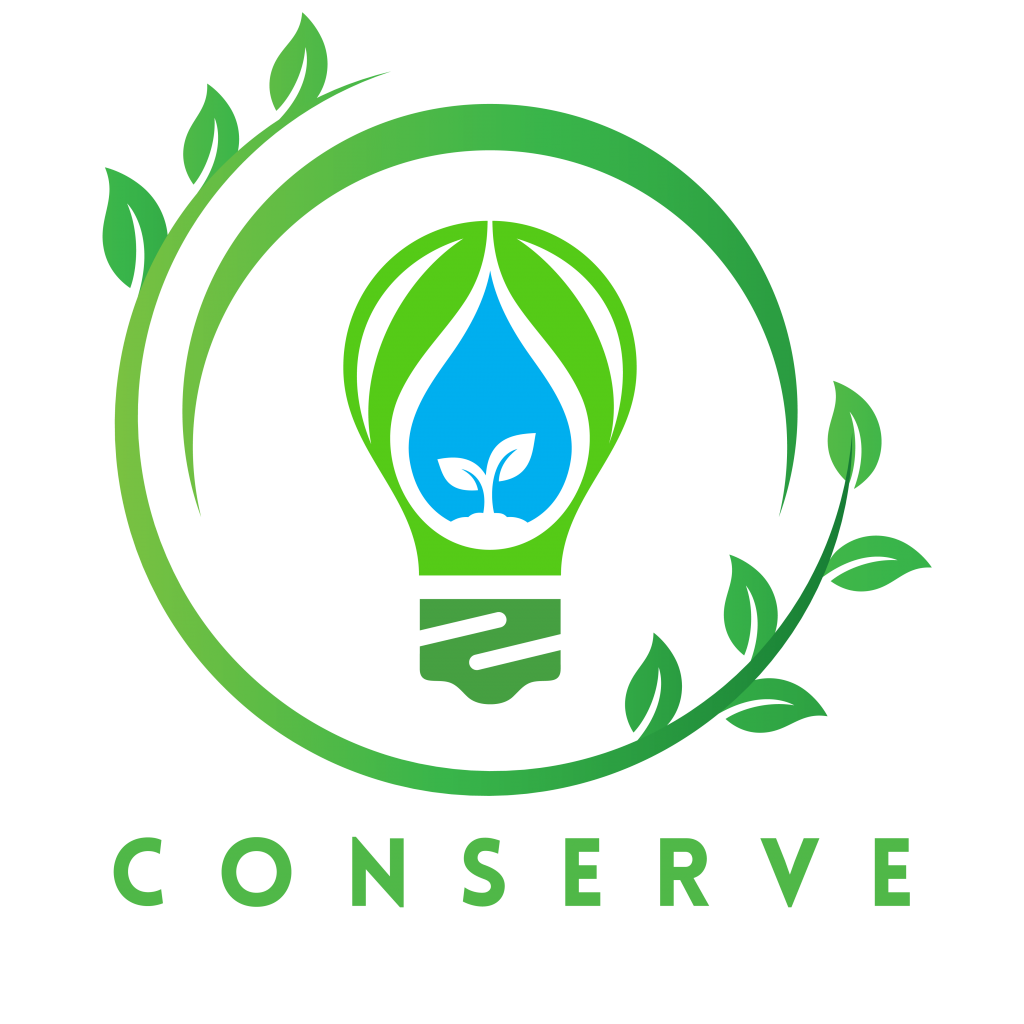A world-class, multidisciplinary water research institute providing interdisciplinary knowledge and solutions for critical water problems and issues.
Welcome to AWI
Welcome to the Alabama Water Institute (AWI), where we are advancing science, technology, and policy to create a more secure and sustainable water future.
Alabama is the “River State,” home to more than 132,000 miles of rivers and streams and some of the highest aquatic biodiversity in North America. Water shapes every facet of life here, from public health and ecosystems to industry and infrastructure.
The University of Alabama is emerging as a national hub for water expertise, anchored by AWI and buoyed by its co-location with two key federal partners: the NOAA National Water Center and the USGS Hydrologic Instrumentation Facility.
At AWI, we unite interdisciplinary teams to tackle the most pressing water challenges — floods, droughts, water quality, competing demands, etc. Our work is organized through three flagship research entities:
- The Cooperative Institute for Research to Operations in Hydrology (CIROH) – accelerating innovation in water prediction and decision support.
- The Global Water Security Center (GWSC) – delivering water intelligence to inform national and international security.
- The CONSERVE Research Group – applying science and technology to safeguard freshwater resources, enhance ecosystem function, and support water stewardship across landscapes.
Through collaborative research, education, and user-driven innovation, AWI is working to ensure that communities are better informed, better equipped, and better prepared to manage water in a changing world.
Thanks for visiting. We invite you to connect with us and be part of our growing impact.
Roll Tide!
What is AWI Doing?
$34M Total FY24 Extramural Funds
$520K Research Support Provided
57 Grants Received
46 Employees
25 Student Employees
696 Presentations
159 Publications
Education and Outreach Programs
9 Student Participants in Research Experience for Undergraduates
11 Student Participants in Water-R2O National Science Foundation Research Traineeship
23 Student Participants in Summer Institute
Communications
224K Social Media Impressions
26K Social Media Engagements
Research Entities

GWSC
$11.5M Department of Defense Funding
25 Presentations/Publications
24 Products

CIROH
34 New CIROH Research Projects
605 Presentations
131 Publications

CONSERVE
$3.8M National Fish and Wildlife Foundation Funding
64 Presentations
26 Publications